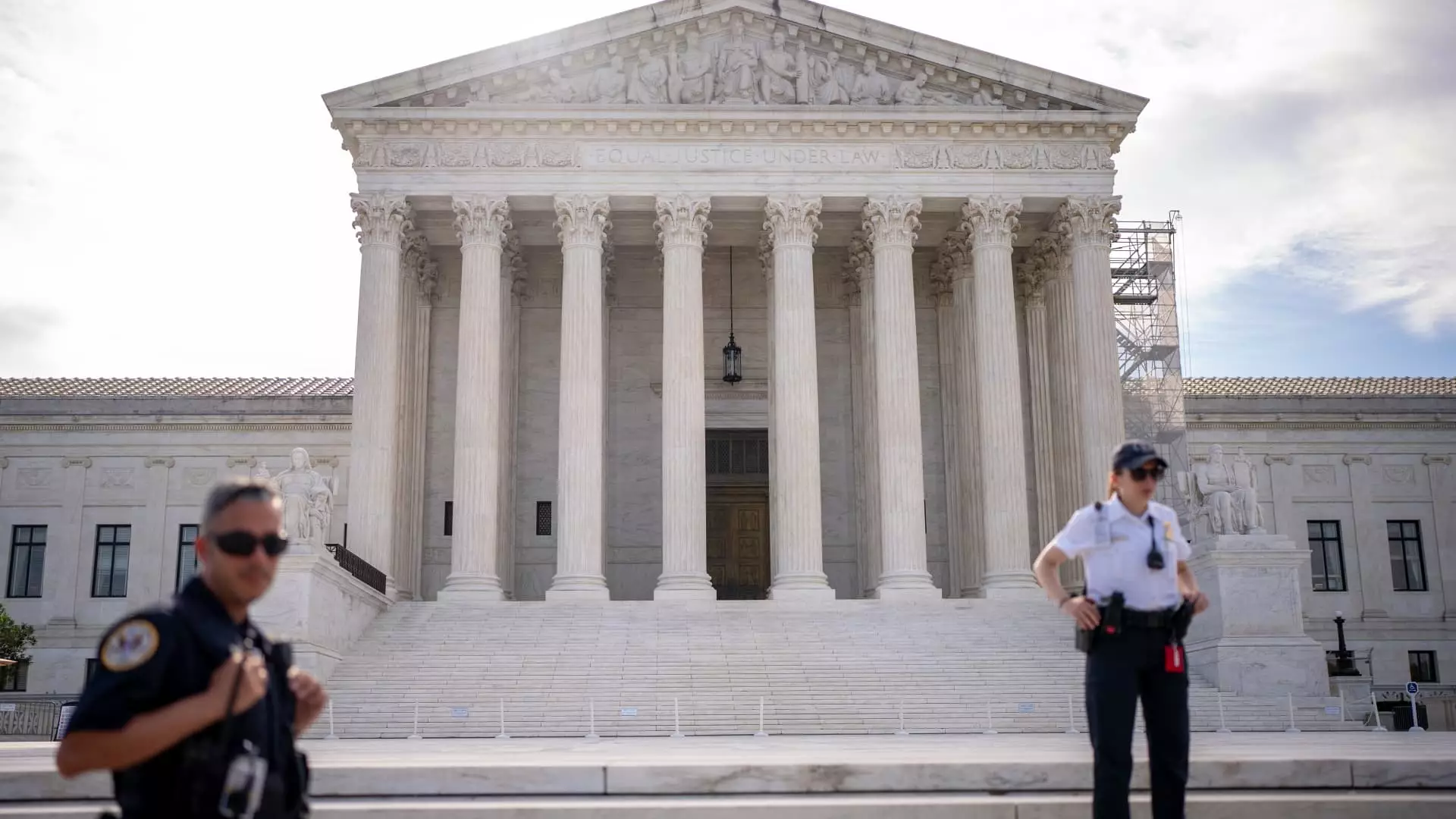The recent Supreme Court case, Moore v. United States, involved a challenge to a federal tax on certain foreign investments. The case centered around a Washington state couple who faced taxes on income from an investment in an India-based company that did not distribute dividends. The couple incurred approximately $15,000 in taxes due to the “mandatory repatriation tax,” which was introduced as part of the Republicans’ 2017 tax overhaul.
While the Supreme Court upheld the tax on the Moores, the decision raised questions about the constitutionality of a wealth tax. Some experts believed that the case could have broader implications for future wealth tax proposals, which aim to tax “unrealized gains” or profitable assets that have not been sold. However, the justices did not delve into the broader debate on whether a wealth tax is constitutional.
Justice Brett Kavanaugh emphasized the limited scope of the opinion, stating that it only addressed the specific question in the Moore case. He clarified that the opinion should not be interpreted as authorizing congressional efforts to tax both an entity and its shareholders on the same undistributed income realized by the entity. This led to concerns among experts about the potential implications for domestic stockholders and pass-through taxes on foreign companies.
University of Chicago Law School professor Aziz Huq highlighted the narrow focus of the Supreme Court opinion but noted that there are still powerful constitutional arguments against a wealth tax. Huq described the wealth tax debate as a “stalking horse” and raised concerns about the regressive nature of the litigation strategy involved in the case. Tax attorney Don Susswein also noted that the Supreme Court decision did not provide clear guidance on whether realization is required for income tax.
Overall, the Supreme Court decision in Moore v. United States has left some lingering questions about the constitutionality of a wealth tax and its potential implications for future tax policies. The narrow scope of the opinion has raised concerns among experts and taxpayers alike, highlighting the need for further clarity and guidance on tax issues related to foreign investments and wealth taxation.

